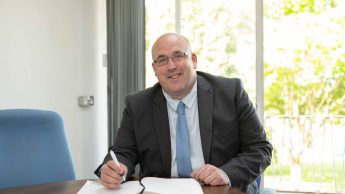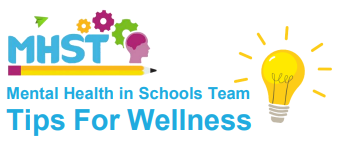Our Pastoral Curriculum, taught through tutor time activities and assemblies covers six themes that the governors have agreed will help prepare our students for life beyond Myton. They are:
- Professionalism
- Aspiration
- Healthy body and mind
- Respectful to others
- Taking responsibility and control
- Participation

This new curriculum is currently in the process of being written, and students will experience age-appropriate focus on these themes each half term. Over time, as students move through from Year 7 to 11 they will return to these themes, have concepts reinforced and developed further, ensuring they have knowledge of what these involve and concrete examples of when they have displayed these characteristics, enabling them to present themselves to potential employers with confidence.
These themes will, over time, ensure all students gain understanding of the following elements:
Professionalism

- Contextual behaviour – specifically, different ways to present yourself to others in different situations
- Organisation skills
- Effective communication
- Approaches to support great learning
- How to act in different situations
- Using language professionally: written, online, spoken
- Great listening
- Learning to disagree well
- Leadership skills and opportunities
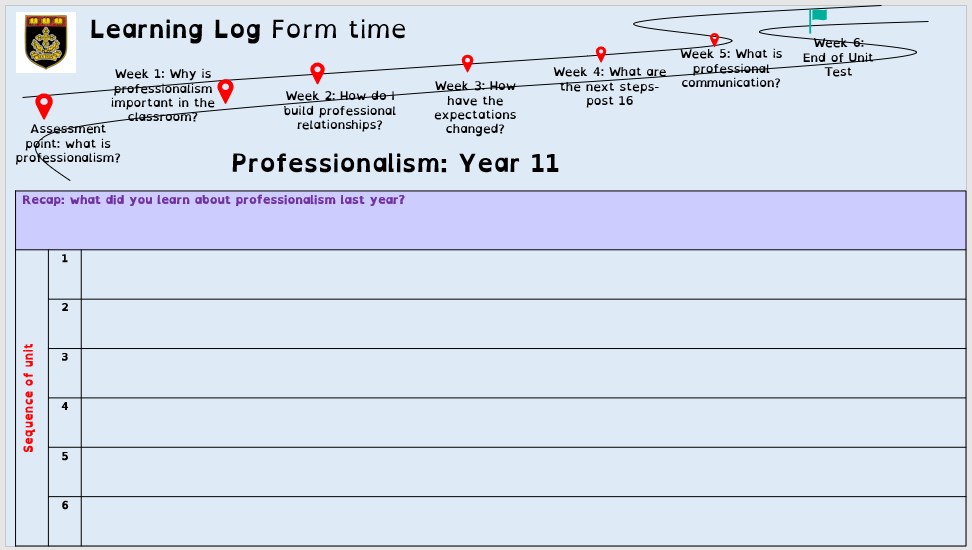
Aspiration
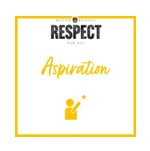
- Independent learning
- Motivation
- Opening minds towards inquisitiveness and enquiry
- Understanding the requirement of hard work to achieve successes
- Careers and planning ahead
- Pushing beyond your comfort zone and trying something new;
- Providing opportunities: trips; visitors; speakers; universities etc.
- Ways to challenge yourself
- Taking/using your own initiative
Healthy body/mind
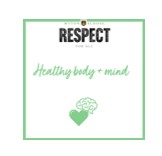
- Self-regulation
- Mental wellbeing
- Physical wellbeing
- Choosing or doing the right thing
- Understanding the normal range of human emotions
- Goal setting
- Enquiry/Critical thinking: i.e. don’t take things at face value; ask why; question the validity of things; challenging assumptions
- Achieving ‘balance’: self-awareness, positive inter-personal relationships
Respectful to others
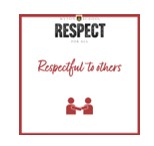
- Compassion/empathy
- Communication / language
- Your actions and their impact on others
- Becoming an excellent human being
- Preventing negative behaviours and focus on positive behaviours
- Tolerance
- Courage/bravery and accountability
- Listening skills to listen well
Taking responsibility and control
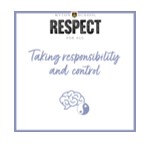
- Work ethic
- Removing barriers
- Finding solutions
- Being responsible for all aspects of your life: Academic; Personal; Social; Ensuring all aspects are positive
- Honesty and Integrity: accurate self-reflection and accountability
- Questioning and enquiring minds
- Developing independence
- Self-reflection; growth mindset; problem solving
- Being vulnerable: taking risks, being brave/having courage to fail; not fearing failure/learning from it: it is OK to get things wrong mindset
Participation
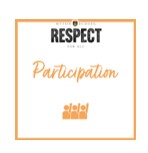
- Creativity/innovation
- Community minded
- Team player
- Focus on global issues: e.g. Climate Change and finding creative solutions to problems
- Making a contribution and giving back
- Sustainability/clean/green planet
- Social conscience
- Team work: recognising, understanding and valuing the contributions of others
Life Skills
In Years 7 and 8 all students are taught Life Skills as a discreet lesson twice a fortnight. There are three main themes in Life Skills: Health and wellbeing (PSHE); Living in the wider world and Metacognition. Through these themes we ensure students are taught the full range of the age-appropriate PSHE and RSE content, alongside wider personal development around keeping safe, democracy and British Values and learning how to learn.
PSHE and RSE
In Years 9 to 11 students are currently taught one lesson a fortnight of PSHE and RSE, again, covering the full range of age-appropriate content for the statutory curriculum. Year 9 addresses topics around drugs and sexual relationships; Year 10 covers harder hitting content on consent, rape culture, misogyny, pornography, gang culture and county lines; Year 11 starts to prepare students for adult life and addresses topics including adult relationships, alongside being work ready and understanding salaries, pensions, taxes, the world of work and more.
In addition to these specific lessons that support students’ personal development, students also cover many of these themes in other lessons across the curriculum too.
Stop the clock events
Where topics need to be covered, for instance a safeguarding need is identified for a particular year group, we supplement this planned and taught curriculum with stop the clock events. We have delivered a range of these and some are also used as an annual pre-planned event to enhance the curriculum with outside speakers. These include our work with CrimeStoppers and the local Police who deliver workshops on County Lines, knife crime and misogyny; the safeguarding team will deliver year group or whole school safeguarding sessions; online safety; and Loudmouth who deliver their Call it out and Working for Marcus programmes. Wherever and whenever we see an opportunity to use a visiting speaker to enhance our students’ understanding of different topics linked to their personal development, we will do what we can to enable it to happen.

